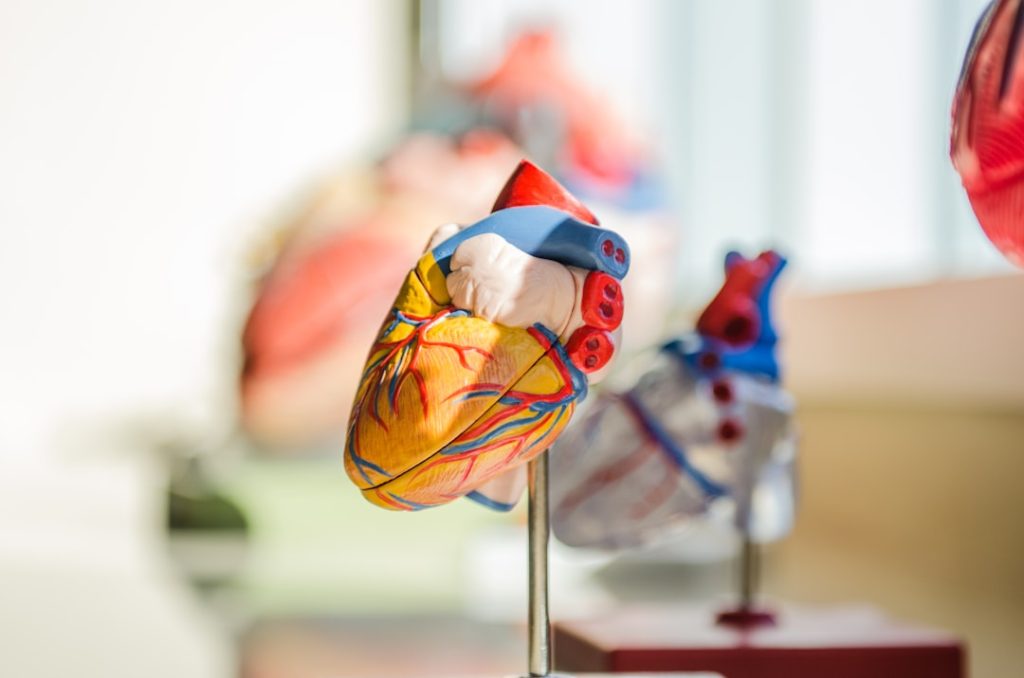Artificial Intelligence (AI) is revolutionizing industries across the board, but perhaps nowhere is its impact more profound than in healthcare. With the integration of machine learning, predictive analytics, and natural language processing, healthcare providers are diagnosing conditions faster, personalizing treatments, and saving more lives. Startups are at the forefront of this transformation, using AI to attack some of the most pressing challenges in modern medicine. Below are seven innovative startups making a life-saving impact through AI technology.
1. Aidoc – AI for Medical Imaging
Founded in Israel, Aidoc is a pioneer in applying deep learning to medical imaging. Their AI algorithms analyze CT scans in real-time to detect urgent conditions like brain hemorrhages, pulmonary embolisms, and cervical spine fractures. Radiologists benefit from quicker, more accurate diagnostics, increasing chances of early intervention and improving patient outcomes.
2. Tempus – Empowering Precision Oncology
Headquartered in Chicago, Tempus uses AI to gather and analyze large volumes of clinical and molecular data. By combing through electronic health records and genomic data, Tempus helps physicians make personalized decisions for cancer treatment. Their platform allows matching patients to the most effective therapies or clinical trials, making cancer treatment more targeted and efficient.
3. PathAI – Enhancing Pathology with AI
PathAI is transforming pathology by using machine learning to assist pathologists in making more accurate diagnoses. Their AI models analyze pathology slides to detect diseases like cancer with high accuracy. This not only shortens diagnostic time but also reduces human error, potentially increasing survival rates for thousands of patients worldwide.
4. Zebra Medical Vision – Predictive Analytics for Preventive Care
Zebra Medical Vision, another Israeli startup, uses AI to interpret imaging data and predict a wide range of diseases before symptoms appear. Their platform offers algorithms capable of detecting conditions such as osteoporosis, breast cancer, and cardiovascular diseases, turning routine scans into proactive health checks. Hospitals partner with Zebra to improve preventive care strategies and reduce long-term healthcare costs.
5. Qventus – Streamlining Hospital Operations
Qventus applies AI to optimize hospital operations, helping healthcare facilities function more efficiently. Their system predicts patient admission surges, emergency department bottlenecks, and inventory shortages. By offering real-time insights, Qventus enhances decision-making and resource allocation, leading to better patient care and less hospital strain.
6. Buoy Health – AI-Powered Symptom Checker
Buoy Health developed a virtual health assistant that uses AI to simulate a conversation with a doctor. Users input symptoms, and the system analyzes them to provide a preliminary diagnosis, potential causes, and guidance on the next steps. By easing pressure on clinics and empowering patients with knowledge, Buoy is helping manage cases more effectively at the very first point of care.
7. Corti – Real-Time AI for Emergency Calls
Headquartered in Denmark, Corti employs real-time AI to support emergency call operators. Its voice recognition software listens during emergency calls to detect signs of cardiac arrest and other life-threatening situations faster than human ears might. Corti’s AI assists dispatchers with recommendations and ensures that help reaches those in need promptly, truly embodying the mission of saving lives through technology.
The Future of AI in Healthcare
These startups highlight how AI isn’t just a buzzword—it’s a set of practical tools already being deployed to solve critical medical challenges. From enhancing diagnostics and accelerating treatment plans to managing resources more efficiently, AI is reshaping the healthcare ecosystem.
However, challenges remain. Questions around data privacy, ethical AI usage, and equitable access must be addressed as adoption increases. Still, the innovations from companies like these provide a glimpse into a smarter and more responsive healthcare future where lives are not just saved—they’re transformed.
If the current pace continues, AI could soon become as indispensable to medicine as the stethoscope or X-ray machine once were. And with startups leading the way with fresh ideas and bold visions, the health sector is poised for an intelligent revolution like never before.
